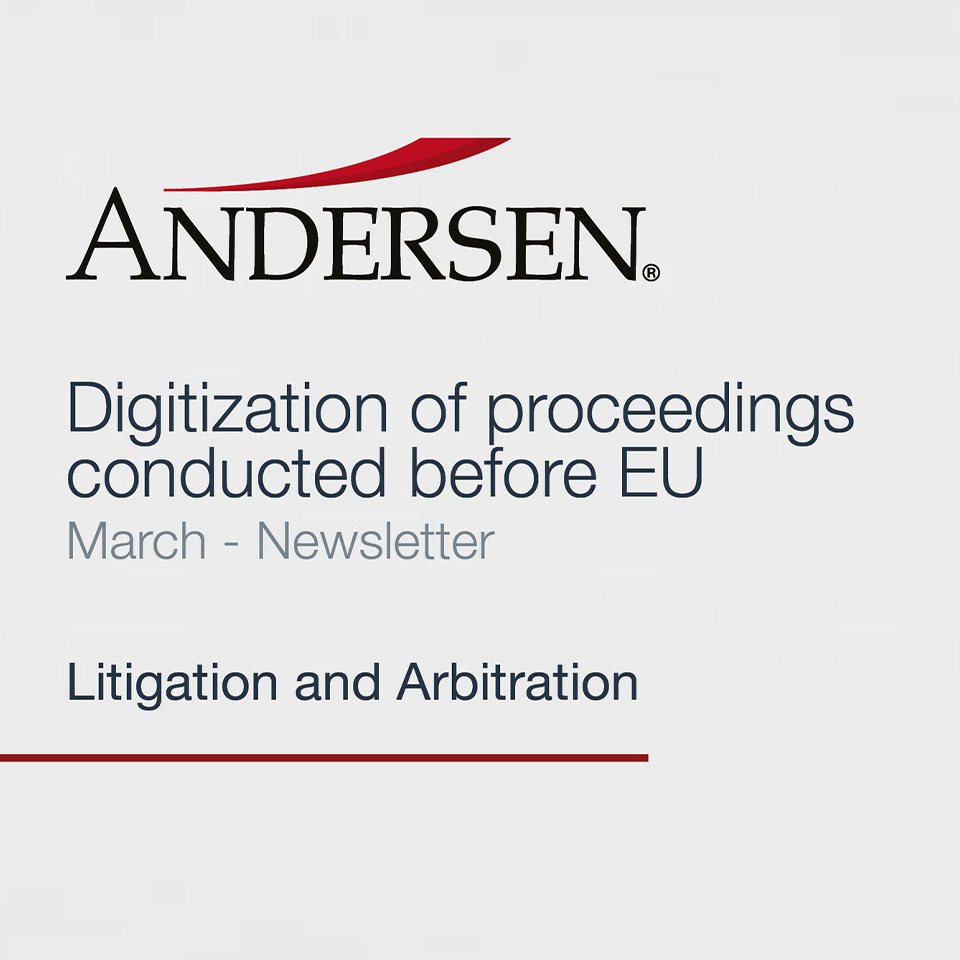Our Dispute Resolution practice is focused on effectively resolving conflicts by primarily utilizing alternate dispute resolution methods, such as mediation and arbitration. However, when necessary, we are also fully equipped to achieve settlements through court proceedings. Our goal is to provide efficient and effective solutions tailored to the specific needs of each client, ensuring that disputes are resolved in the most appropriate and advantageous manner.
Over the years the firm has built a strong and specialised workforce, and has thus been able to offer specialised assistance specific to the nature of the dispute. In respect of Dispute Resolution, Chetcuti Cauchi advises clients on disputes arising from civil, corporate, shipping, debt recovery and intellectual property matters amongst others.
Dispute Resolution in Malta
Malta's "modern" judicial system dates back to the times of the Romans. Malta has seen quite some notable legal and judicial revisions to its basic legal infrastructure, including effects by Roman law, changes introduced by the Code Napoleon, influences by the Inquisition and impressions left by the 200-year British rule. Currently Malta has a unique hybrid system fusing civil law with common law practices and lately, since 2004, introducing the acquis communautaire and EU directives and regulations as part of the Maltese legal back-bone.
The Maltese judicial system, comprising courts and tribunals for the resolution of all forms of legal disputes, provides for various offices incuding Judges, Magistrates, Commissioners for Justice, Adjudicators (who sit in the Small Claims Tribunals), assistants (who sit with a Magistrate in the Juvenile Court) and arbitrators.
The Maltese judiciary is composed of those serving Judges and Magistrates appointed to sit in the Superior and Inferior Courts and only these Judges and Magistrates appointed in terms of the Constitution can be referred to, collectively, as the Judiciary.
Dispute resolution in Malta offers an array of options to litigants. Court litigation remains the most popular form of dispute resolution in Malta.Other forms of dispute resolution systems and fora include arbitration, mediation, tribunals and boards.
- Malta Litigation
Malta's Courts of Justice are divided into Superior and Inferior courts. Judges sit in the Superior Courts, which are:
- the Constitutional Court
- the Court of Appeal
- the Court of Criminal Appeal
- the Criminal Court and
- the Civil Court
The Inferior Courts are the Court of Magistrates (Malta) and the Court of Magistrates (Gozo). The latter court has a superior and an inferior jurisdiction.
- Alternative Dispute Resolution
Malta also provides other modes of dispute resolution, dubbed under the collective title ‘alternative’. Alternative dispute resolution (ADR) is the term used to other modes of resolution that do not comprise proceedings before the Courts. ADR is usually resorted to due to its various benefits in comparison to litigation in Court, being faster, cheaper and more informal and confidential in nature.
Arbitration is the other official recourse method established by Maltese statute. Malta has an Arbitration Act (Chapter 387, Laws of Malta), which is the framework and main legislative Act dealing with arbitration proceedings and establishing the Arbitration Centre as well as Arbitration Rules (2004) which deal with proceedings, costs, awards and other rules and guidelines.
The Act creates an institution vested with a number of powers and responsibilities relating to the running of arbitrations, the Malta Arbitration Centre (MAC). The Centre has defined powers which are vital to a proper functioning of the whole arbitral process. An arbitration in Malta will not be valid if it is not carried out under the auspices of the MAC. The introduction of this requisite in our law has resulted in the ‘institutionalisation’ of the arbitral process.
The Malta Arbitration Centre was set up to promote and encourage the conduct of domestic arbitration and international commercial arbitration. The law setting up the Centre incorporates the UNCITRAL Model Law (First Schedule to the Act), the Geneva Protocol on Arbitration Clauses (Second Schedule to the Act), the Geneva Convention on the Execution of Foreign Arbitral Awards (Second Schedule to the Act), the UN Convention on the Recognition and Enforcement of Foreign Arbitral Awards (Second Schedule to the Act) and the Convention on the Settlement of Investment Disputes between States and Nationals of Other States (Third Schedule to the Act). It also provides for the formation of Arbitration Chambers between Maltese and non-residents of Malta for the purpose of international arbitration. A non-resident will pay only a modest amount of tax in Malta following a distribution made by an Arbitration Chamber.
An arbitration agreement is defined in the Malta Arbitration Act as “an agreement by the parties to submit to arbitration all or certain disputes which have arisen or which may arise between them in respect of a defined legal relationship, whether contractual or not. An arbitration agreement may be in the form of an arbitration clause in a contract or in the form of a separate agreement.”
In international contracts, arbitration is many times the 'resort-to' recourse process. This is mainly due to the quick and confidential solution that arbitration provides. In international contracts, the parties may stipulate which law they will apply.
By nature, arbitration usually demands the consent of both parties to submit a dispute to the jurisdiction of arbitration proceedings. However, Malta's Arbitration Act also provides for certain situations where arbitration is mandatory , these include minor traffic accidents and condominium disputes. This is intended to facilitate the resolution of disputes without resorting to the Courts on issues that may be resolved at a lower cost and in a shorter time.
Our Dispute Resolution Practice
Apart from helping and supporting local clients in court proceedings and out of court settlements, Chetcuti Cauchi has attracted a wide range of international clients. We have assisted a vast and varied number of clients in negotiations and in selecting the most effective and practical solutions for disagreements and deadlocks.
Having the best resources and assets, together with considerable knowledge and experience, Chetcuti Cauchi delivers litigation and dispute resolution services to both local and international clients.
Over the years the firm has built a strong and specialised workforce, and has thus been able to offer outstanding assistance specific to the nature of the dispute. In this regard Chetcuti Cauchi advises clients on disputes arising from civil, corporate, shipping, financial services, debt recovery and intellectual property matters amongst others.
Dispute Resolution Lawyers
Our Dispute Resolution lawyers endorse the value of constructive effort. Sometimes, depending on the nature of the dispute, an out-of-court settlement would be favoured. The firm's lawyers are all members of the local Bar and of the Maltese Chamber of Advocates. The firm's partners were the first Malta Members of the Chartered Institute of Arbitrators in London, were heavily invovled with the intial setting up stages of arbitraton in Malta and have lectured and written extensively on the topic.
The firm mostly handles commerical litigation, arbitration, mediation, negotiation and out of court settlements. Our lawyers who specialise in particular practice groups work hand in hand with out litigation lawyers to provide the client a holistic solution, from a substantive and procedural point of view. We also take care of a sizeable case load of debt recovery, counterfeit goods and maritime disputes.





















